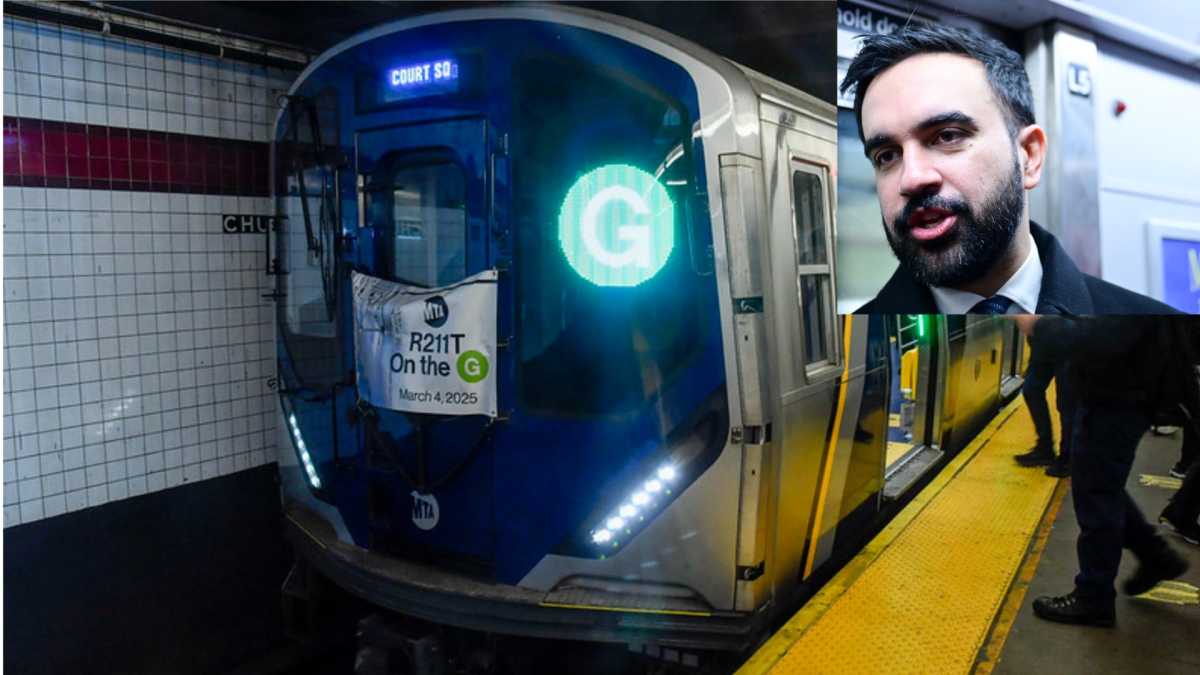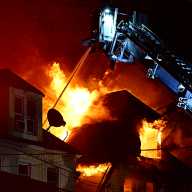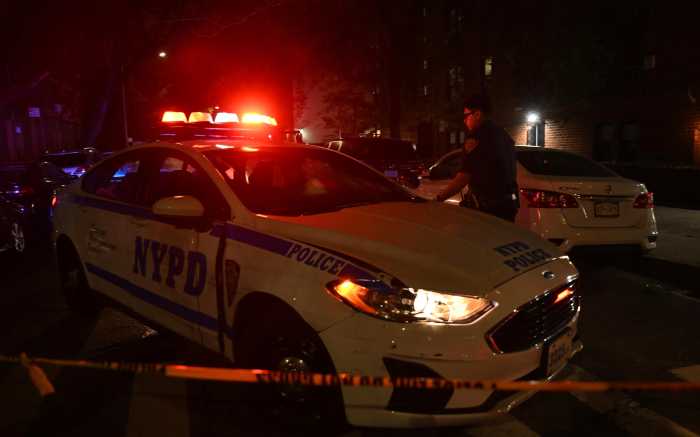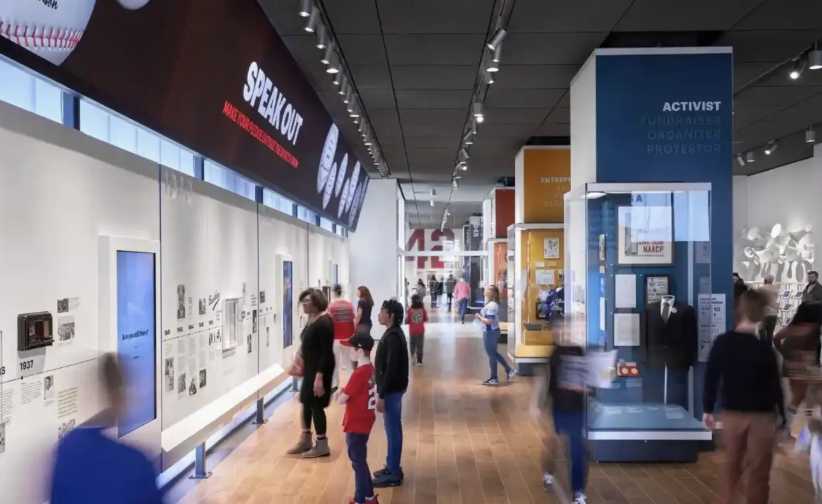If you often enjoy hotdogs, shish-kebab, or pretzels from local vendors, perhaps very soon you’ll be able to make sure that the vendors who sell you the food you consume in the city’s streets have passed health inspections.
State Senator Jose Peralta introduced new legislation which demands that the same system that requires restaurants to publicly display their inspection grades obtained from the city’s Department of Health and Mental Hygiene (DOHMN), also be applied to street and stadium vendors.
The legislation will be introduced officially at the beginning of the next State Senate session in January 2011, and if it becomes law, vendors won’t have to display their grades until mid-2011.
“The new inspection law has truly reformed the restaurants’ sanitary system,” said Peralta, “but this new legislation will attempt to bridge the gaps left behind, so that entertainment centers also obey these regulations. Whether you’re paying $5 or $200 for your food it’s only fair that you receive the same quality of food as far as safety is concerned.”
Under the current new law an “A” means that the business has passed inspection with a minimum number of violations, while a “B” indicates that even though the installation passed inspection it has a number of violations. If the new legislation passes and becomes law, the same system will be applied to street vendors and sports arena vendors.
“I think it’s a great idea,” said Ahmed, the owner of a hotdog stand, who didn’t give his last name. “It gives us an opportunity to show the public that they are receiving well prepared food even though they are eating in the streets.”
A report published by ESPN is responsible for the emphasis that has recently been placed on the quality of food in stadiums, amusement parks and other entertainment arenas. The article revealed that according to inspections done by DOHMN, 45 percent of vendors in Citi Field in Flushing, have serious health violations.
“Food safety is our top priority,” said ARAMARK, the food distributor for Citi Field’s concessions in a statement regarding the ESPN report. “We have rigorous employee training and quality assurance processes, and we continuously invest to enhance our food safety training, resources and safeguards. Issues in past reports have been addressed, and any time we learn about issues we take prompt action to investigate and remedy all concerns.”
Other sports arenas in the tri-state area also had alarming number of sanitary violations. According to the report, in Yankee Stadium, 48 percent of vendors had violations, which primarily consisted of low water temperature, which is crucial to kill bacteria found in some fruits and vegetable as well as meat. In Madison Square Garden, home of the Rangers and New York Knicks, 61 percent of vendors had violations, among those violations was cited the finding of mice excrement.
“The food in these places is very expensive,” said Nicholas Dixon, a basketball fan. “It’s sad to hear that we’re paying so much and we’re not receiving the best quality.”






























